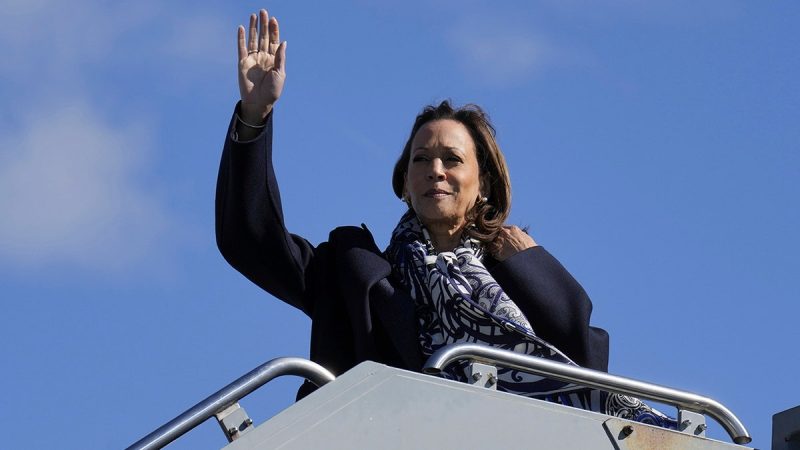In our society, the realms of sports have often been considered as a battleground where dreams are nurtured, ambitions are pursued, and hopes are kindled. However, in this pursuit of excellence, there have been nuances that have shaped the landscape, particularly when it comes to boys playing in girls’ sports.
The issue of boys participating in girls’ sports has sparked debates and discussions regarding fairness, inclusion, and equity in sports. While there are proponents who argue in favor of allowing boys to compete in girls’ sports leagues, there are critical voices that emphasize the inherent disparities and challenges associated with such cross-gender participation.
One of the central arguments put forth by those advocating for boys to play in girls’ sports is the principle of inclusivity. They argue that restricting boys from participating in girls’ leagues goes against the spirit of equal opportunities and diversity in sports. By allowing boys to join girls’ teams, proponents claim that it fosters a sense of inclusion and promotes a more diverse and supportive sports environment for all individuals.
On the other hand, opponents raise concerns about the potential disadvantages and unfair advantages that may arise from allowing boys to compete in girls’ sports. Physiological differences between boys and girls, particularly during adolescence, can confer certain inherent advantages to boys, such as strength, speed, and endurance. Allowing boys to participate in girls’ sports could lead to unbalanced competition and jeopardize the integrity and fairness of the games.
Moreover, the issue of boys playing in girls’ sports also brings to light the broader social implications of gender inequality and systemic barriers that continue to hinder the equal participation and representation of girls and women in sports. By prioritizing boys’ involvement in girls’ sports, there is a risk of perpetuating existing gender biases and reinforcing stereotypical notions about the capabilities and competencies of female athletes.
In the pursuit of addressing the complexities associated with boys playing in girls’ sports, it is essential to consider alternative solutions that prioritize fairness, inclusivity, and respect for all athletes. Implementing clear and transparent guidelines that ensure equal opportunities and equitable competition for boys and girls in sports can help mitigate the challenges and disparities arising from cross-gender participation.
Furthermore, fostering a culture of collaboration, respect, and understanding among athletes of all genders can contribute to creating a more inclusive and supportive sports environment where individuals can thrive and pursue their aspirations without facing discriminatory barriers or prejudices.
As we navigate the evolving landscape of sports and confront the intricate dynamics surrounding boys playing in girls’ sports, it is crucial to uphold the values of fairness, integrity, and equality in sports. By fostering a more equitable and inclusive playing field, we can empower athletes of all genders to pursue their ambitions, dreams, and aspirations in a supportive and nurturing environment that celebrates diversity and promotes unity in sports.

